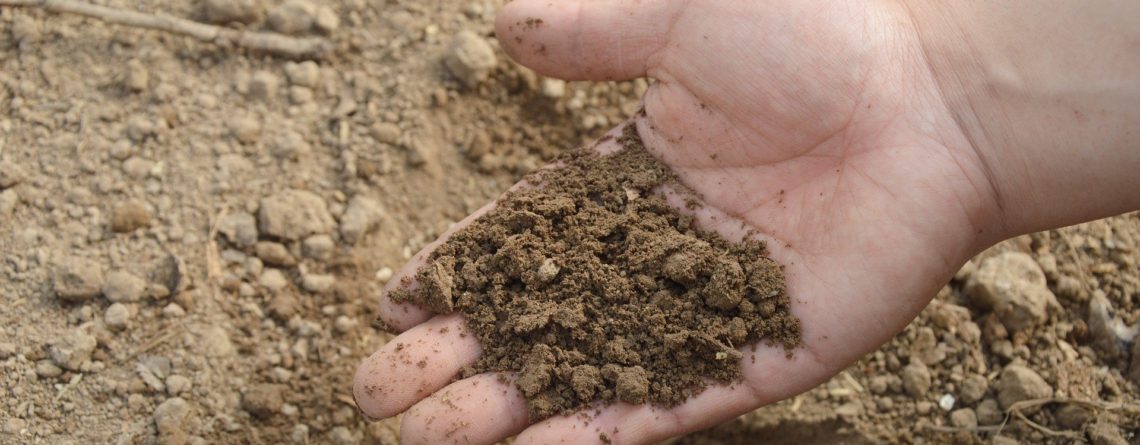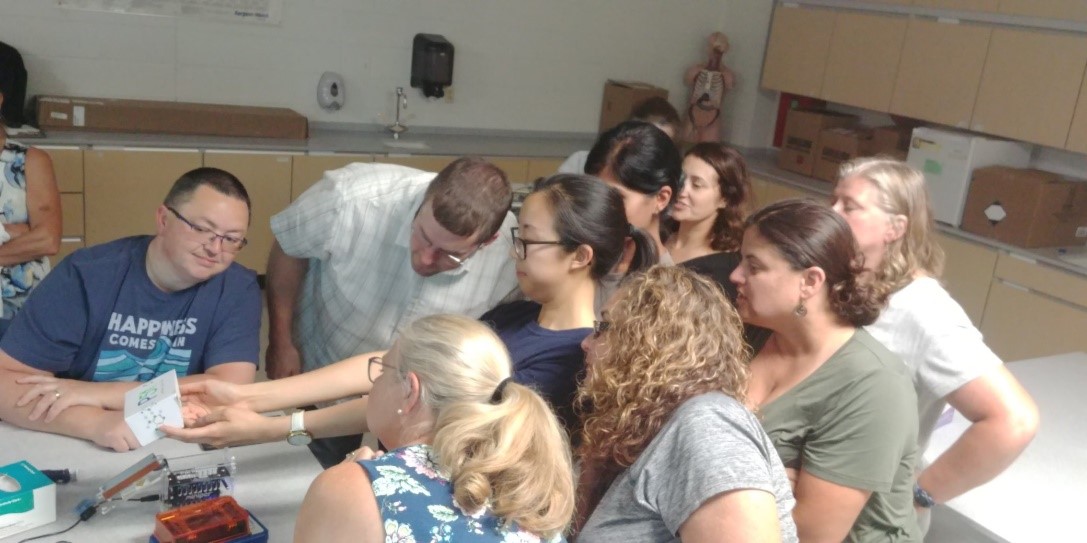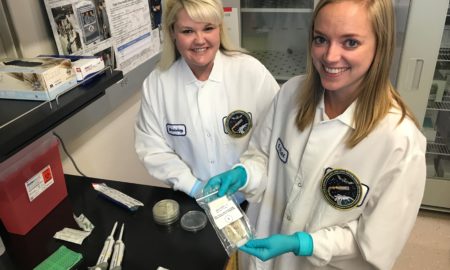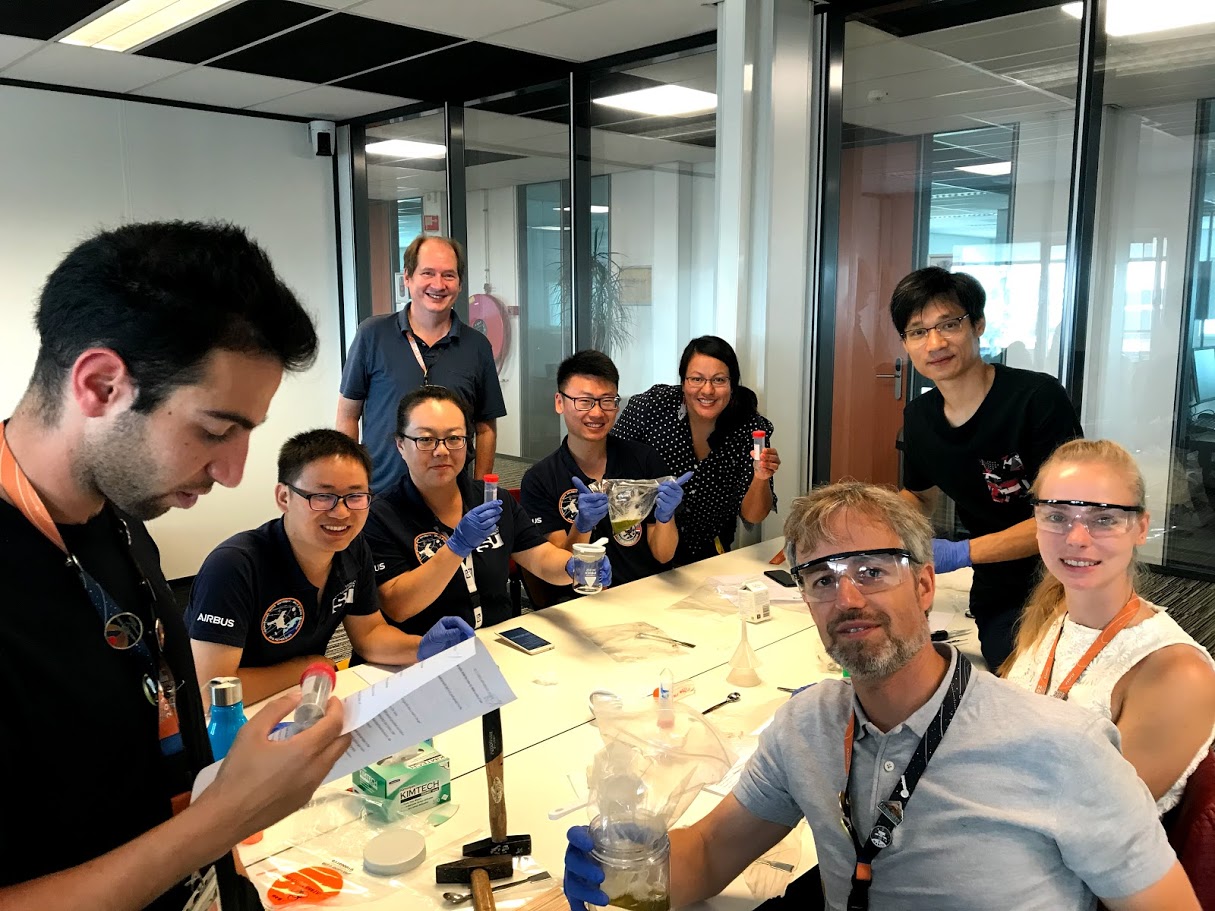New Learning Lab! Sampling Soil for Antibiotic Resistance
At miniPCR bio we believe that the best way to learn science is to do science. For that reason, we work hard to produce activities that provide students with authentic lab experiences with unknown outcomes. With that in mind, we are extremely excited to release our new Learning Lab, eDNA Project: Sampling Soil for Antibiotic Resistance.

Produced in collaboration with the Prevalence of Antibiotic Resistance in the Environment (PARE) project at Tufts University, the eDNA project asks students to take part in a worldwide project monitoring the spread of antibiotic resistance genes in the environment. According to the scientists at PARE: “Antibiotic resistance is one of the biggest public health challenges of our time. The power of PARE students working collaboratively across the globe has the potential to address the challenge.”
“Antibiotic resistance is one of the biggest public health challenges of our time.”
With this new lab, students can directly test soils for the presence of two common tetracycline resistance genes. They then upload their findings to a common database. In the process, they can test their own hypotheses, compare their results with classmates and other students from around the country, and contribute actual scientific research on a pressing global issue.

An important aspect of our approach is that students never culture any bacteria and work only with DNA extracted from soil. This means that the lab is safe to perform in any lab setting with common equipment: a vortex mixer with a tube holder attachment, a microcentrifuge, a thermal cycler, gel electrophoresis, and micropipettes.
Where are you likely to find antibiotic resistance in your local environment? Try areas you may expect, like agricultural areas with farm animals. Try places you may not expect, like a local nature preserve. I found tetracycline resistance genes in my flower garden! It’s up to you to contribute to our understanding of where antibiotic resistance is–and isn’t–spreading.
Note: This is an advanced lab activity with unknown outcomes. Students performing this lab should have experience pipetting and following complex molecular biology protocols. For a more introductory approach to the same topics, try the miniPCR® Antibiotic Resistance Lab, which uses a case study approach and comes with prepared DNA samples for analysis.










